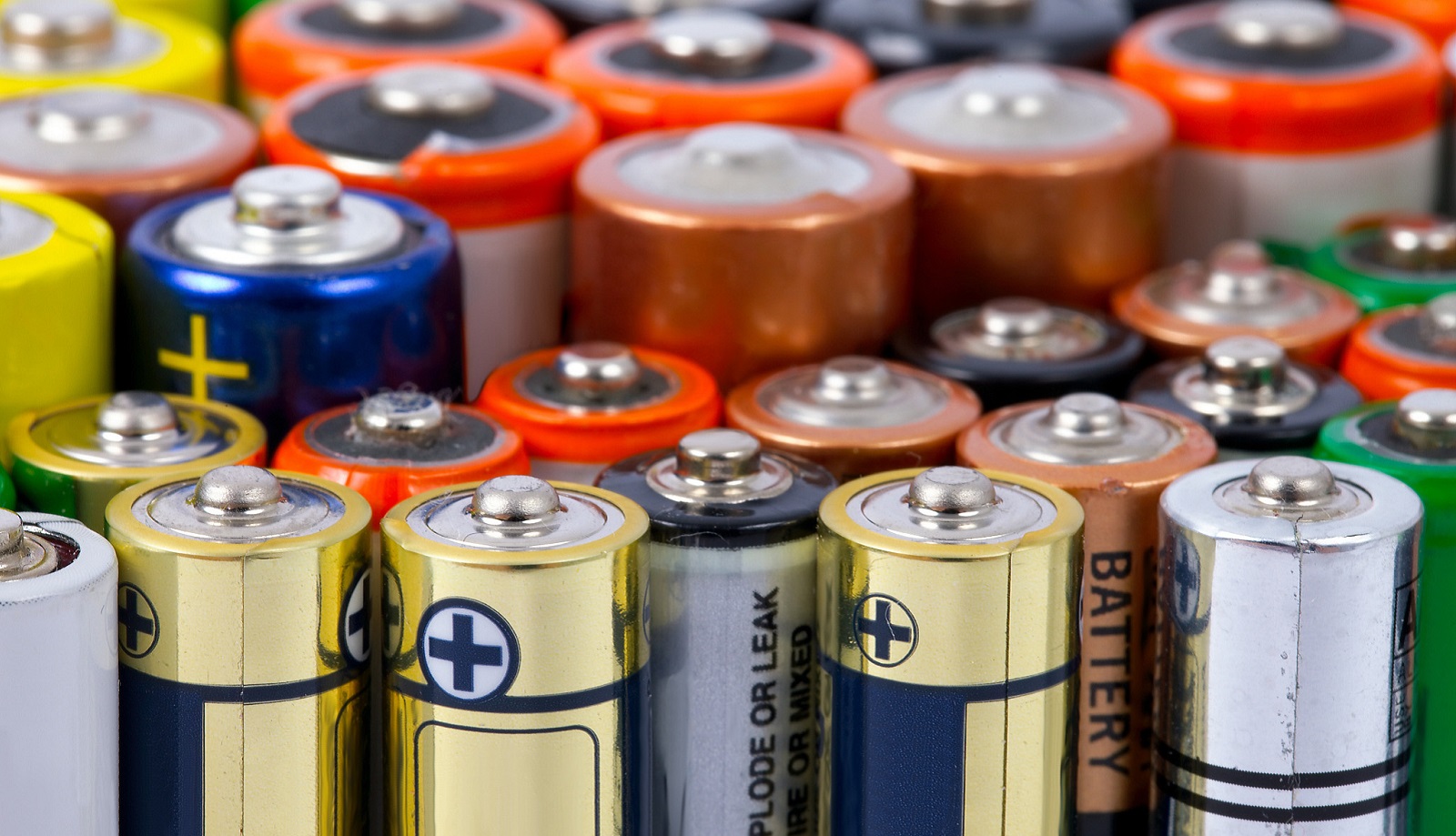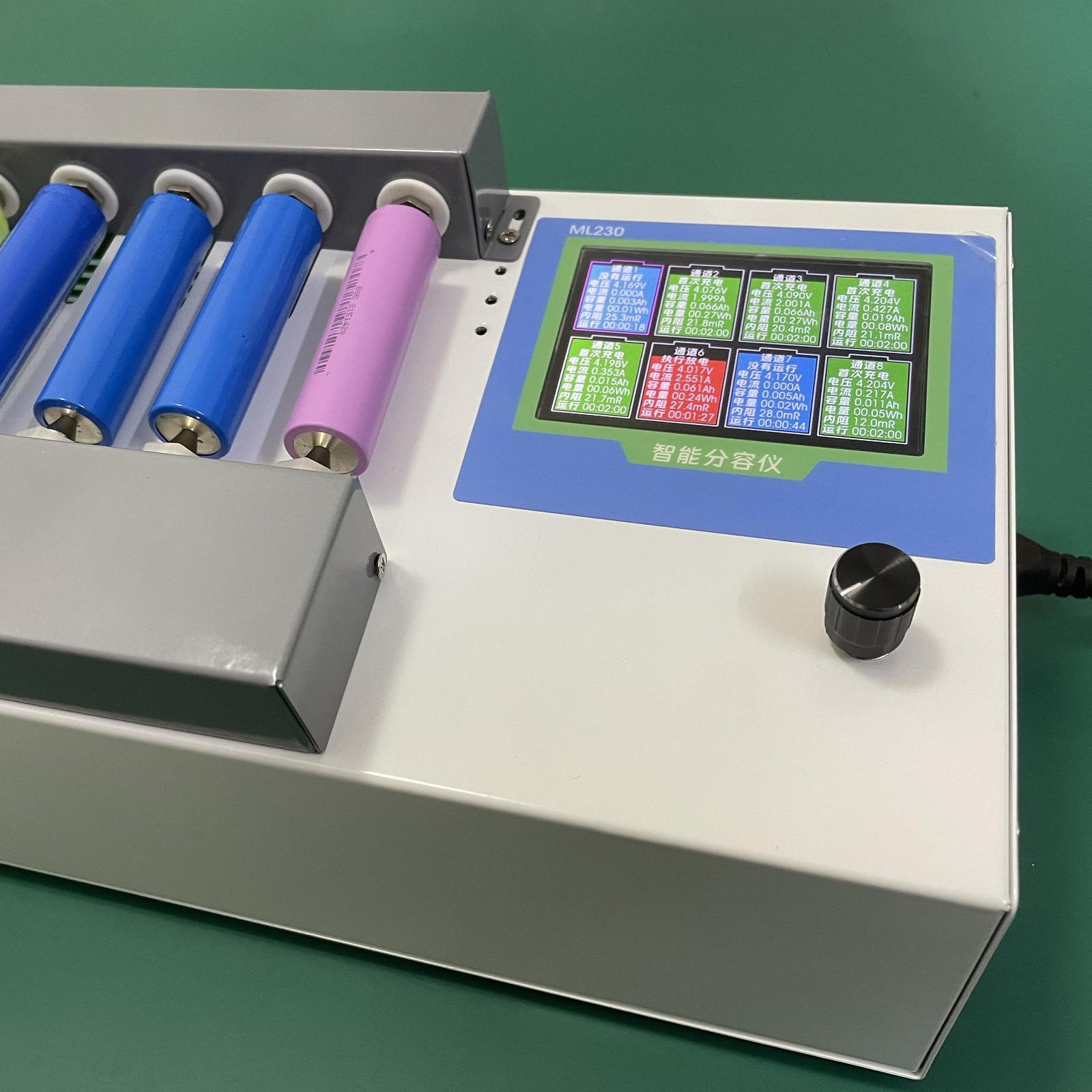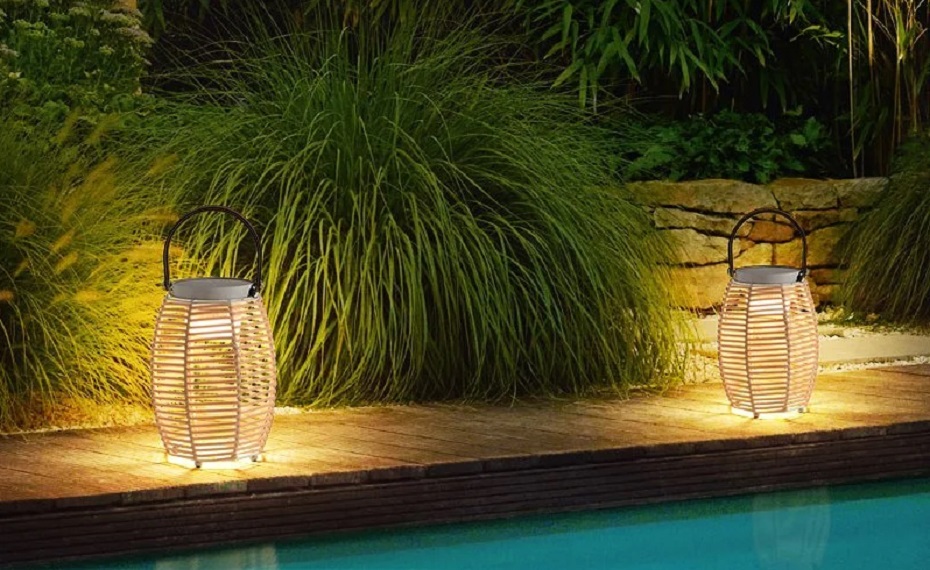As the concept of environmental protection has gained popularity, solar garden lights have gradually become the preferred lighting solution for garden landscapes and home gardens. Its advantages such as low energy consumption, renewability and easy installation have led to a growing market demand.
However, as the core component of solar garden lights, the selection and maintenance of batteries directly determine the service life and stability of the lamps. Many customers often have some misunderstandings about batteries during the purchase and use process, which leads to the decline of lamp performance or even premature damage.
This article will explore these common misunderstandings in depth and provide effective solutions to help you optimize product performance and extend the life of lamps.

1. Common misunderstandings
Myth 1: All solar garden light batteries are the same
Many people believe that all solar garden light batteries are the same, and any battery that can be installed can be used. This is a common misconception. In fact, the common types of batteries on the market include lead-acid batteries, nickel-metal hydride batteries, and lithium batteries, which have significant differences in performance, life, price, etc. For example, although lead-acid batteries are cheap, they have a short life, low energy density, and have a greater impact on the environment; while lithium batteries are known for their long life, high energy density, and environmental friendliness. Although they are more expensive, they are more cost-effective in long-term use.
Solution: When choosing a battery, you should consider the specific application scenario and budget. For lamps that require high frequency of use and long life, it is recommended to choose lithium batteries, while for low-cost projects, lead-acid batteries may be more attractive.
Myth 2: Battery life is infinite
Many customers believe that as long as the solar garden light keeps working properly, the battery can be used indefinitely. However, the battery life is limited and usually depends on factors such as the number of charge and discharge cycles, the ambient temperature of use, and the size of the load. Even for high-quality lithium batteries, after multiple charge and discharge cycles, the capacity will gradually decrease, affecting the lighting time and brightness of the lamp.
Solution: In order to extend the battery life, it is recommended to take the following measures: first, avoid excessive charge and discharge; second, minimize the frequency of use in extreme weather conditions (such as high temperature or cold); finally, regularly test the battery performance and replace the severely attenuated battery in time.

Myth 3: Solar garden light batteries do not require maintenance
Many people think that solar garden light batteries are maintenance-free and can be used once installed. In fact, even a well-designed solar system requires regular maintenance of the battery. Problems such as dust, corrosion, and loose battery connections can cause battery performance to deteriorate or even damage.
Solution: Regularly inspect and maintain solar garden lights, including cleaning the surface of the solar panel, checking the battery connection wires, and testing the battery voltage. In addition, if the light is not used for a long time, it is recommended to remove the battery and store it in a dry and cool place, and charge it every few months to prevent the battery from over-discharging.
Myth 4: Any solar panel can charge a battery
Some people think that as long as there is a solar panel, the battery can be charged, and there is no need to consider the compatibility of the two. In fact, the voltage and current matching between the solar panel and the battery is crucial. If the output power of the solar panel is too low, it may not be able to fully charge the battery; if the output power is too high, it may cause the battery to be overcharged and shorten its service life.
Solution: When choosing a solar panel, make sure its output parameters match the battery. For example, if using a lithium battery, it is recommended to choose a matching smart charging controller to ensure a safe and stable charging process. In addition, avoid using inferior solar panels to avoid affecting the efficiency and safety of the entire system.
It is very important to choose the right battery type according to different application requirements. In order to help customers make the best choice, we provide detailed battery type comparison and recommendation to ensure that the battery you choose can meet the actual needs.
2. Reasonable solution
2.1 Optimize battery life
By installing a battery management system (BMS), you can effectively prevent the battery from overcharging and discharging. In addition, regular maintenance of the battery, such as cleaning, detecting voltage and capacity, can also greatly extend its service life and reduce the frequency of replacement.
2.2 Improve the matching degree of solar panels and batteries
The matching of solar panels and batteries is one of the important factors that determine the efficiency of the system. Choosing the right solar panel to ensure that its output power matches the battery capacity can improve charging efficiency and extend battery life. We provide professional solar panel and battery matching guides to help customers optimize system configuration.
2.3 Regular maintenance and updates
Check the battery status regularly and update it in time according to usage. We recommend a comprehensive system inspection every 1-2 years, including the status of the battery, circuit and solar panel, to prevent potential problems. This will ensure that the solar garden light can operate efficiently and for a long time.
The battery is the core component of the solar garden light, and its selection and maintenance directly affect the performance and life of the lamp. By avoiding misunderstandings and operating correctly, you can significantly improve the use of the garden light, extend the product life, and reduce the subsequent maintenance costs.
If you have more questions about battery selection and maintenance, please contact us and our professional team will provide you with a tailor-made solution.
If You Are in Business, You May Like
Post time: Aug-29-2024









